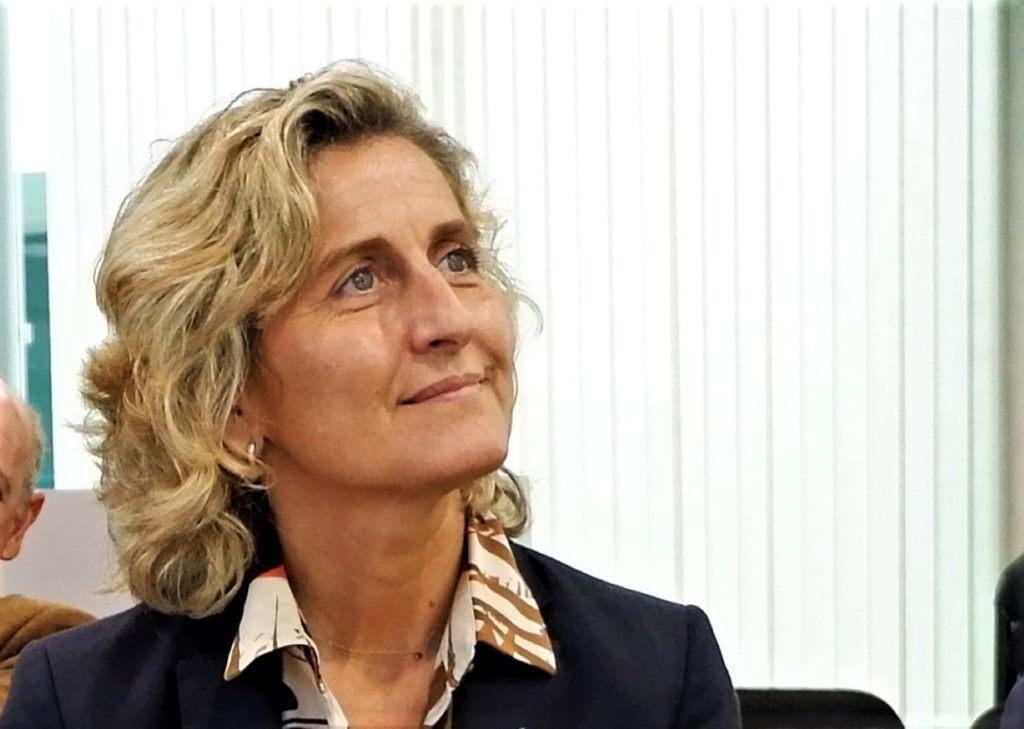The Territorial Cohesion minister considered this Sunday that decentralizing services in Portugal is "profoundly difficult" and "unrealistic" to do from one moment to the next, as there is "great resistance" in the ministries.
“Transferring anything from Lisbon to the rest of the country has great resistance in the services of the ministries. I'm not saying in the ministers, I'm saying in the services of the ministries. It's losing power. We have to be aware of this”, said Ana Abrunhosa, in an interview with the program Conversa Capital, of Antena 1 and Jornal de Negócios.
“Deconcentrating, decentralizing, is profoundly difficult. This Government has had great courage in this area (…) and overcomes many resistances”, he added.
Ana Abrunhosa admitted that there are services “that are much easier to change than others” and gave the example of the archives of the ministries: “they can move to these interior territories, we have advantages (…) they release buildings that often have high costs ”, he argued.
“For example, in Civil Protection it is very easy, everything that is being created in the scope of Civil Protection is in the interior territories”, said the governor.
In the same interview, Ana Abrunhosa called “an example of a bad example” the dispute between the regions of Leiria and Coimbra for the construction of a new airport in the Center region.
“Today in the Center region we have several cities claiming the airport, this is not cohesion”, emphasized the minister.
Asked whether that airport infrastructure is necessary, Ana Abrunhosa stated that she has not yet seen “any study” that shows her “that it is necessary and where”.
The Minister of Territorial Cohesion, who before going to the Government led the Center Coordination Commission (CCDRC), urged "all those interested" in the new airport in that region to unite around a project, work together and ensure which is sustainable.
In the same interview, Ana Abrunhosa revealed that in the support program created by the Government, which provided for 90 million euros to secure 1.600 jobs in the interior, demand exceeded supply, with 4.435 applications received.
“This demand was in quantity. What we have to assess is whether it is quality and reflective (...). What we are going to do now is, quickly and rigorously, harmonizing the procedure, because it was a measure for the whole country, to analyze and approve the good candidatures", explained the minister, admitting a financial reinforcement "if good candidacies are at stake" .
The financial allocation for product and service projects, such as personal protective equipment or medical devices, to fight the Covid-19 pandemic, was multiplied by five by the Government compared to the initial forecast.
According to Ana Abrunhosa, 637 projects were approved, corresponding to 174 million euros in funds, mostly in the North and Center regions.



















Comments